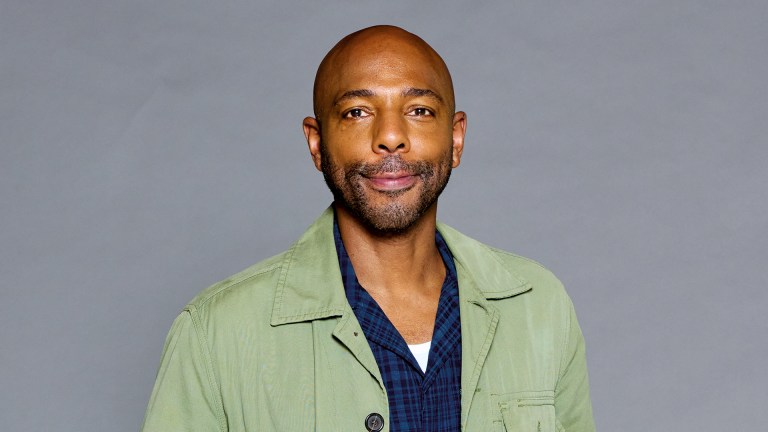Myths and folklore carry lessons, often for dark and difficult times. Through their settings, in worlds of magic, we can remove ourselves and learn through a safer lens. I grew up enamoured with folklore, always asking for more of Shetland’s tales. It is only now as an adult I look back at them and see lessons I missed as a child.
My home of Shetland, the UK’s northernmost isles, nestled between the North Atlantic and North Sea, can be easy to romanticise. But to think of it as an ideal way of life is to ignore the hardships of the long, dark winters and endless gales where year-round community is vital. Shetland is a land where one foot is firmly set in the modern-day world of work commitments and societal expectations, while the other remains rooted into the rhythm of the seasons. A time to plant, to harvest, to shelter.
Get the latest news and insight into how the Big Issue magazine is made by signing up for the Inside Big Issue newsletter
In fact, the oldest folktale we have is Sea Midder and Teran, explaining the seasons. Sea Midder, the mother of the sea and our goddess of fertility, battles for control against Teran, the spirit of winter. This endless feud observes the rhythm of the seasons with Sea Midder reigning over spring and summer across the isles, providing warmth, light and life.
Teran then attacks and defeats Sea Midder, bringing an end to the summer. Teran casts her to the bottom of the sea and ushers in the colder weather and longer nights. On the seafloor, Sea Midder rests and recovers, readying herself to challenge Teran once again and victoriously bringing in another spring, restoring light and abundance to the islands once again.
Now we have the scientific knowledge to explain the cycle of the seasons and this myth becomes purely that, a myth. Over time the tale could easily drift to the bottom of the waters as Sea Midder did herself. However, if you were to take another look, you can find lessons within the story, that we, as a modern world can overlook. Often to our own detriment.





